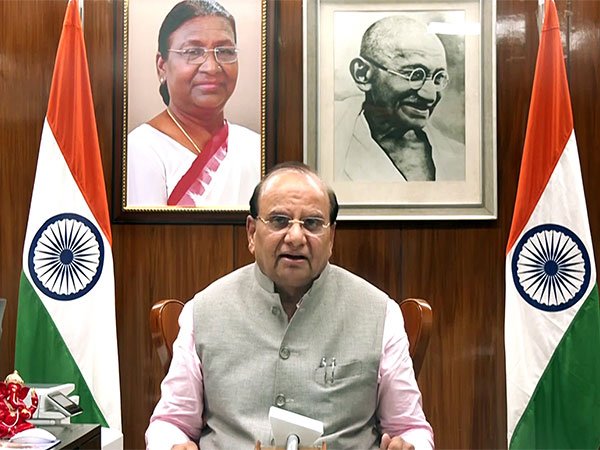The new move under the Bharatiya Nagarik Suraksha Sanhita enables Delhi Police to testify remotely, boosting efficiency and freeing officers to focus on investigations.
BY PC Bureau
In a landmark reform aimed at boosting police efficiency and reducing the time Delhi Police officers spend in court, Delhi Lieutenant Governor VK Saxena has approved the notification of all police stations in Delhi as “designated places” for police officers to provide evidence via video conferencing.
This decision means police personnel handling cases will no longer be required to physically appear in court for deposition. Instead, they can testify remotely from their respective police stations, significantly saving time and resources while enhancing operational effectiveness.
The reform is part of the draft model rules (Nyaya Shruti) under the Bharatiya Nagarik Suraksha Sanhita, which recommends including police stations as authorized venues for video-conferenced depositions by police officers. Union Home Minister Amit Shah, who has been closely overseeing the implementation of the new criminal laws, has strongly advocated for video conferencing of police testimonies from police stations. During a recent review, he instructed the setting up of adequate video conferencing infrastructure to ensure seamless coordination between the police and courts.
READ: SC Halts Action Against Old Diesel, Petrol Vehicles in Delhi-NCR
However, the Home Minister explicitly clarified that only police personnel and officers are permitted to depose via video conference from police stations; witnesses in cases must continue to be examined in person.
Following this directive, the Delhi Police requested the designation of all 226 police stations as video conferencing venues. The Home Department, GNCTD forwarded the proposal to the LG for approval, which has now been granted.
The notified police stations include:
Territorial Police Stations: 179
Metro Police Stations: 16
Cyber Police Stations: 15
Railway Police Stations: 8
Crime Branch: 2
IGI Airport Police Stations: 2
Economic Offence Wing (EOW): 1
Special Cell: 1
Crime Against Women (CAW) Cell: 1
Vigilance: 1
Currently, approximately 2,000 police officers appear in courts across Delhi daily to provide evidence. This new arrangement will significantly reduce their court appearances, freeing them to focus more on policing and investigations.
READ: Vote Fraud Charge Erupts in Thrissur, BJP’s Lone Kerala Seat
Additionally, this move is expected to improve transparency and efficiency, while simultaneously easing congestion in courtrooms.
Previously, video conferencing for evidence was limited to locations such as the Delhi High Court, District Courts, Delhi Prisons, Hospitals, Forensic Science Laboratories, and select government offices.
This reform marks a progressive step in modernizing the justice delivery process and optimizing police resources.













